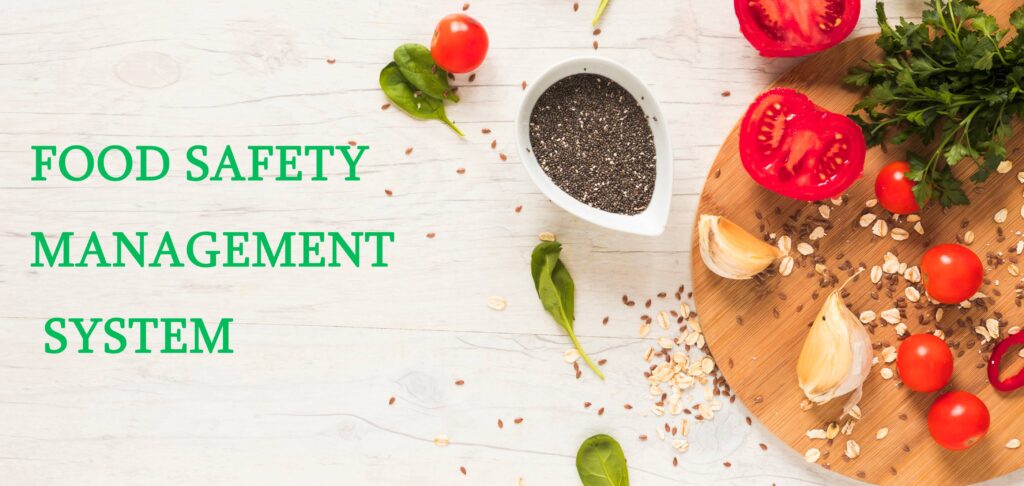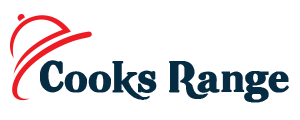
The Food Safety Authority of Ireland (FSAI) requires all food businesses in Ireland to implement a Food Safety Management System (FSMS) based on Hazard Analysis and Critical Control Point (HACCP) principles. HACCP is an internationally recognized system that focuses on identifying potential hazards and implementing controls to prevent them from occurring or to reduce their impact. The FSMS helps food businesses to identify potential food safety hazards, establish critical control points (CCPs) to prevent or reduce the hazards and implement monitoring procedures to ensure that the controls are effective.
The HACCP system is made up of seven principles, which include conducting a hazard analysis, identifying critical control points, setting critical limits, establishing monitoring procedures, implementing corrective actions, verifying the system, and establishing record-keeping and documentation procedures. By following these principles, food businesses can ensure that they are taking a systematic approach to managing food safety risks.
The FSAI provides guidance and support to food businesses to help them implement HACCP-based FSMS. This includes providing training and resources on HACCP principles and requirements, offering technical support and advice and conducting inspections and audits to ensure compliance. The FSAI also encourages food businesses to adopt a continuous improvement approach to their FSMS, regularly reviewing and updating their systems to ensure they remain effective and up to date.
Implementing an effective FSMS based on HACCP principles is crucial for all food businesses in Ireland. By taking a systematic approach to managing food safety risks, businesses can ensure that they are producing safe and high-quality food, protecting their customers and their reputation and complying with legal requirements. The FSAI’s guidance and support make it easier for businesses to implement HACCP-based FSMS and ensure that they are meeting the required standards for food safety in Ireland.
Different Types of Hazards in Food Safety Management
Food safety management is a critical aspect of running a successful food business. One of the key components of food safety management is identifying and mitigating potential hazards that can arise during food production, processing, and handling. The Food Safety Authority of Ireland (FSAI) recognizes three main types of hazards that can affect food safety: physical hazards, chemical hazards, Allergens, and biological hazards.
Physical hazards
Physical hazards refer to any foreign object that can contaminate food and potentially harm consumers. These can include glass, metal, plastic, or any other material that can break off and end up in the food. Physical hazards can be prevented by implementing proper food handling and storage practices, ensuring that food processing equipment is properly maintained, and using quality materials for packaging and containers.
Chemical hazards
Chemical hazards refer to any substance that can contaminate food and cause harm to consumers. These can include cleaning agents, pesticides, and other chemicals used in food production or processing. Chemical hazards can be prevented by following proper handling and storage procedures, using appropriate protective equipment, and avoiding cross-contamination of chemicals and food.
Biological hazards
Biological hazards refer to any microorganism that can cause illness or disease in consumers, such as bacteria, viruses, and parasites. Biological hazards can be prevented by implementing proper hygiene and sanitation practices, ensuring that food is cooked and stored at the correct temperatures, and regularly monitoring and testing food products for contamination.
Allergens
Allergens are another important aspect of food safety hazards. Allergic reactions to certain foods can be severe or even life-threatening, and it is crucial for food businesses to identify and manage allergens to ensure the safety of their customers. Common allergens include milk, eggs, peanuts, tree nuts, fish, shellfish, soy, and wheat. Food businesses must be aware of the presence of these allergens in their products, and take steps to prevent cross-contamination during production and processing. This can include using separate equipment and utensils for allergen-free products, properly labeling allergen-containing products, and properly training staff on food allergy awareness and management. By addressing allergens as a food safety hazard, food businesses can help prevent allergic reactions and ensure the safety of their customers.
By understanding the different types of hazards that can affect food safety, food businesses can take the necessary steps to prevent contamination and ensure that their products are safe for consumption. The FSAI provides guidance and support to food businesses to help them identify and mitigate potential hazards, including offering training and resources on hazard analysis and critical control points (HACCP) principles. By implementing a comprehensive food safety management system that addresses all types of hazards, businesses can protect their customers and their reputation, and comply with legal requirements.
Benefits of HACCP
Hazard Analysis and Critical Control Points (HACCP) is a systematic approach to food safety management that has become a global standard in the food industry. HACCP based procedures provide businesses with a cost-effective system for controlling food safety risks throughout the entire food production process, from ingredients to final distribution to the consumer. One of the key benefits of HACCP is that it takes a preventive approach to food safety management, which helps to avoid the risk of contamination and poisoning of customers. HACCP not only improves food safety but also complements other quality management systems, leading to increased food safety and quality standards.
By implementing HACCP based procedures, food businesses can save money in the long run by avoiding costly recalls, legal fees, and damage to their reputation. They can ensure compliance with the law and organize their process to produce safe food while promoting teamwork and efficiency among staff. In addition, having a documented HACCP plan can serve as a due diligence defense in court, should a food safety incident occur.
Overall, the benefits of HACCP based procedures are numerous, making it a valuable investment for any food business. By taking a preventive approach to food safety management and implementing effective controls throughout the food production process, businesses can ensure the safety and quality of their products, protect their customers and their reputation, and comply with legal requirements.
